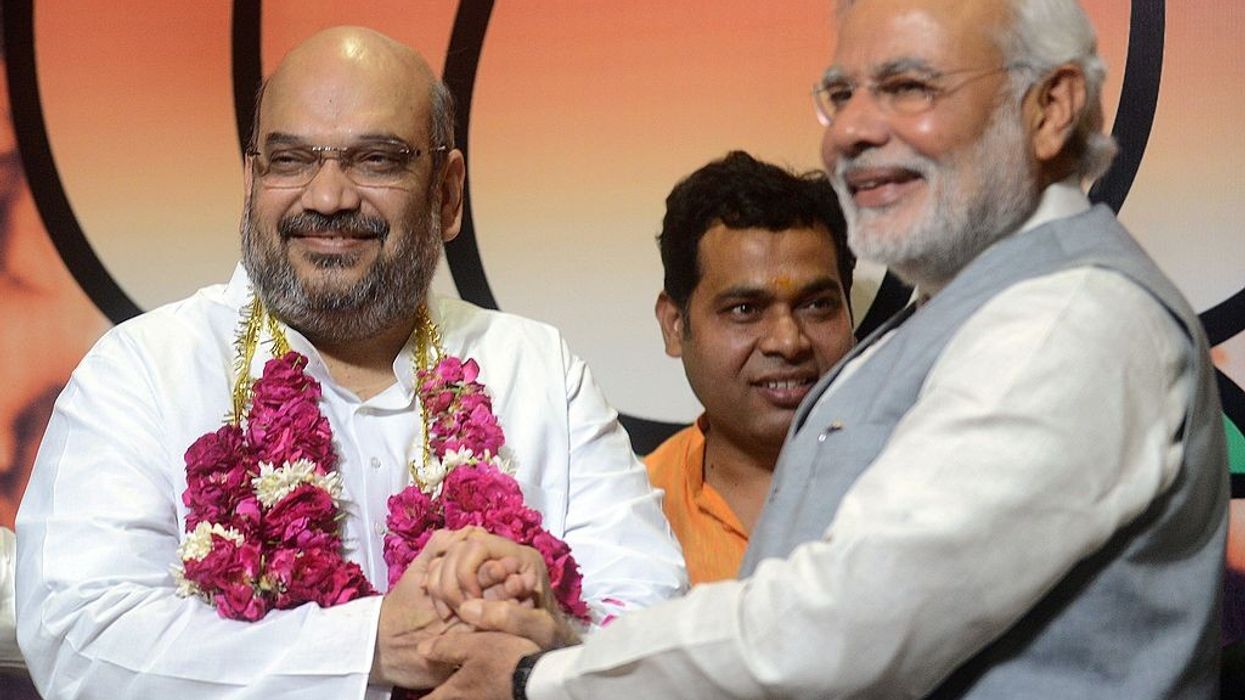OXFAM India has said that restrictions on its access to international fund flow will "severely hamper" its humanitarian work and affect provision of much-required medical equipment to fight the current Covid-19 pandemic.
The charity group’s arm in the country said the decision made by the home ministry meant that it would no longer be able to get foreign funding to finance relief work from the first day of the new year.
The restrictions came just weeks after the Narendra Modi government came up with the same restrictions on the Missionaries of Charity, which was founded by Mother Teresa, and headquartered in the eastern Indian city of Kolkata.
Amitabh Behar, the chief of Oxfam India, said his organisation worked closely with local partnering bodies to “provide life-saving equipment and support” during the pandemic.
In a statement issued on Sunday (2), Behar said the move made by India’s home ministry “will severely hamper these collaborations which were providing relief to those who needed it the most during times of crisis”, AFP reported.
The Modi government has been accused of disrupting access to funding for rights groups and charities in India and critics have alleged that the authorities were targeting the minority communities.
Charities and non-profit companies in India are required to register under the Foreign Contribution Regulation Act (FCRA) to receive funds from abroad.
Last week, the Missionaries of Charity, which runs shelter homes across the country, saw its permission getting revoked for “not meeting the eligibility conditions”, according to the home ministry, which stopped short of sharing details.
The ministry has in all refused to renew FCRA registration for 179 non-government organisations, India’s The Hindu daily reported.
Amnesty International said it decided to stop operations in India after the country’s government froze its bank accounts in 2020.




